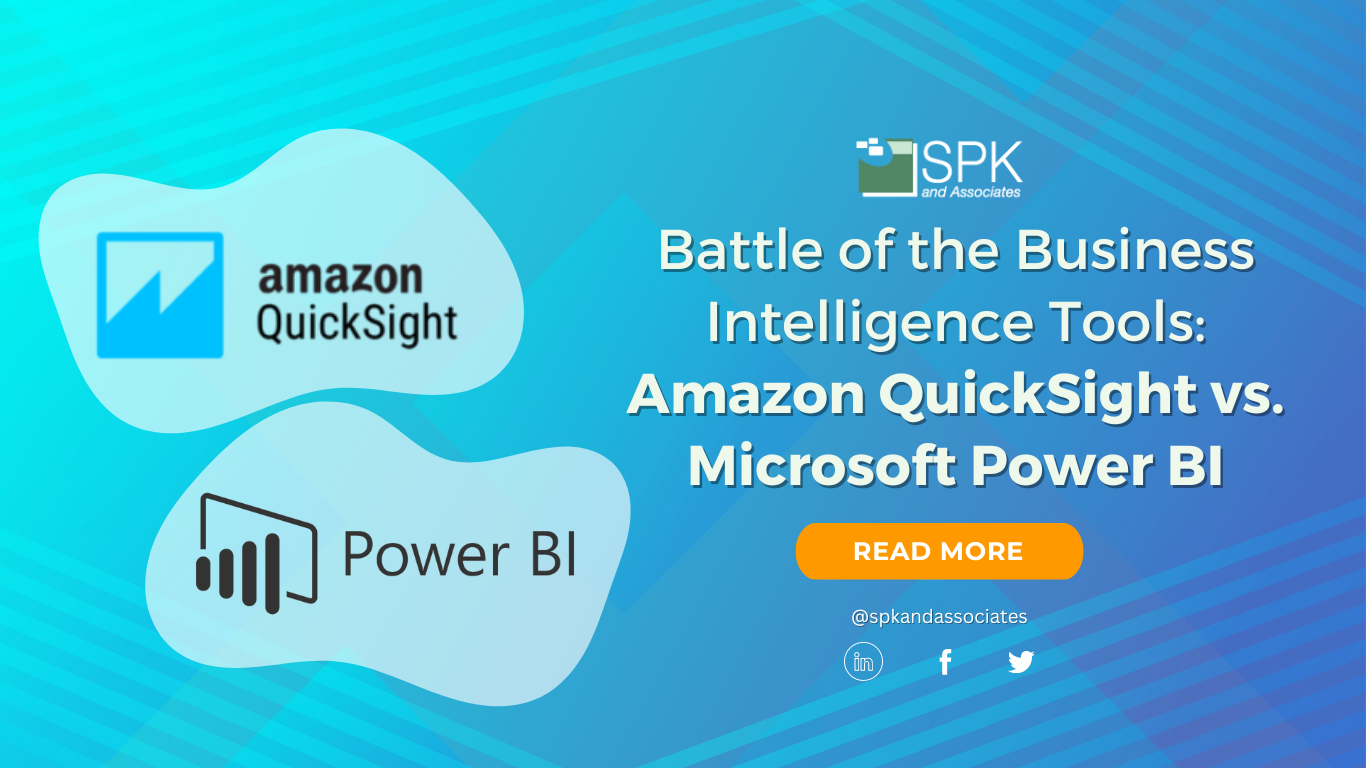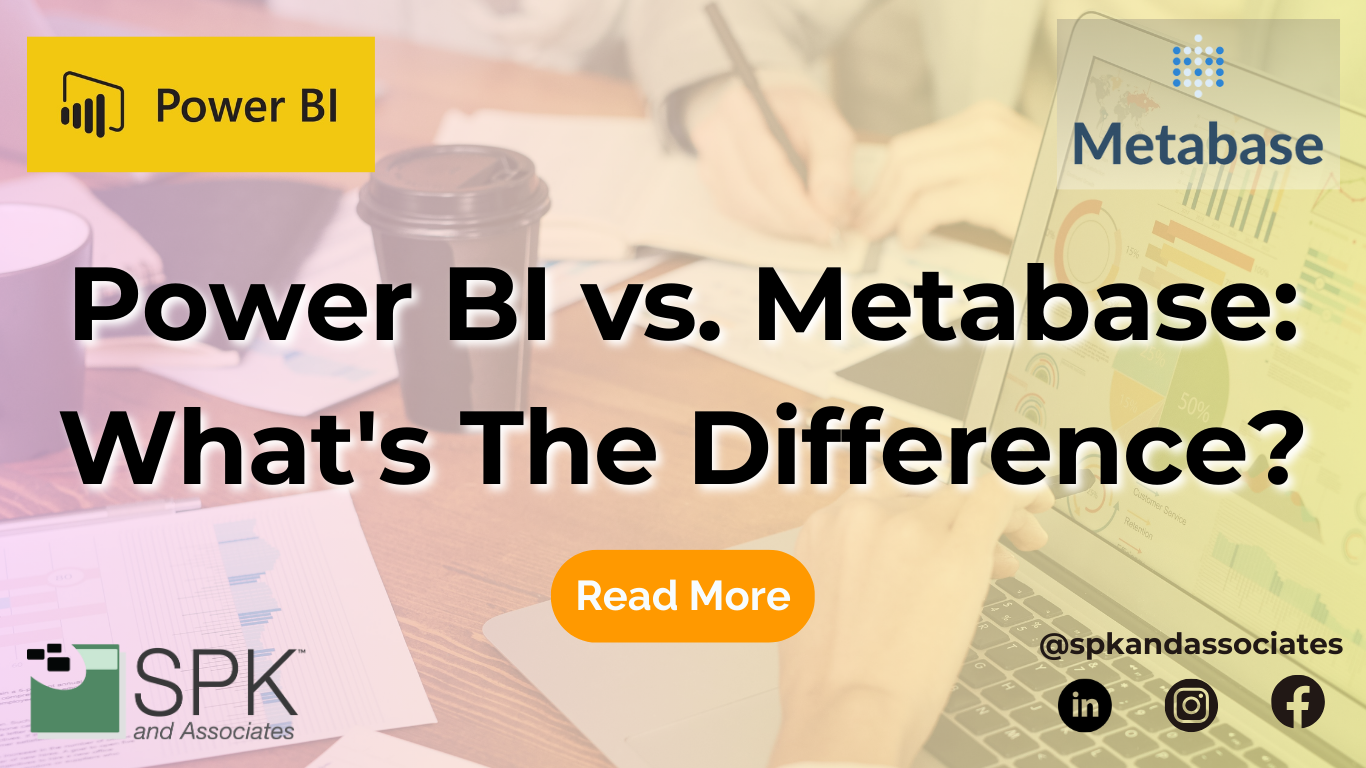The ability of executives to harness insights from data is crucial for driving strategic decision-making and maintaining competitive advantage. In our data advisory engagements, we are often helping teams and executives better understand their data. Through those engagements, we’ve determined 15 essential questions that executives should be asking their marketing, product, sales, finance, and operations teams to ensure their organization maximizes its data potential. We hope sharing this will help you gain insights into the data in your organization.
1. What are our most valuable data assets?
Executives should hear an explanation of how their data assets add value to the organization. This explanation should cover aspects such as revenue generation, cost savings, improvement in efficiency, risk management, and innovation. Additionally, the teams’ responses should detail how specific datasets drive these benefits.
Understanding which datasets drive the most value helps prioritize data management and analytics efforts. Often this question leads to additional questions about what information is (or is not) being captured. If there isn’t data being captured, how can that information be gained quickly? Do you need to add code to an existing application? Does this need additional infrastructure? Furthermore, when you know what information you have and what is the most valuable, you can determine new ways to utilize this information.
2. How are we collecting new data?
A comprehensive understanding of data collection methodologies, their alignment with business objectives, the quality and relevance of the data, and their compliance with regulatory standards are important considerations. Answers to these questions should contain an overview of the primary sources of how data is collected. Examples include online forms, mobile apps, customer interactions in call centers, IoT devices, and business applications. This should include both structured and unstructured data sources, which are important to note.
Answers in this area should also contain detailed descriptions of the methods used to collect data, including both manual and automated processes. This might cover web scraping, APIs for pulling data from external sources, sensors and telemetry from physical devices, and direct user inputs.
3. What data quality controls do we have in place?
In our experience, this question can cause chaos. Many executives do not fully understand what quality controls are in place, due to many clients having very complicated quality controls for compliance. In this case, we help provide a detailed overview of the organization’s data quality framework or policy so executives can clearly communicate it. This should include the standards and guidelines that define what constitutes ‘quality data’ in the context of your organization’s specific needs and goals.
Next, our teams typically provide a description of the processes in place for data validation at points of entry. This includes checks for accuracy, completeness, and consistency. You should hear about specific methods such as real-time data validation, batch processing checks, and error-logging mechanisms. This also includes procedures for data cleansing to correct or remove corrupt, inaccurate, or incomplete data. These procedures may involve periodically performed standardization, deduplication, and verification processes.
4. How are we protecting our data?
Your organization should maintain robust data security policies and standards, adhering to well-known industry regulations such as ISO 27001, GDPR, and HIPAA to ensure comprehensive data protection. State-of-the-art encryption practices reinforce the data security framework, utilizing protocols like AES and SSL/TLS to secure data both at rest and in transit, alongside proprietary encryption tools tailored to specific security needs. Access control is strictly managed through role-based access controls (RBAC), multi-factor authentication (MFA), and regular audits of access logs to prevent unauthorized data access. Additionally, the network security infrastructure includes firewalls, IDS, IPS, and VPNs, forming a strong barrier against potential intrusions.
To safeguard against data loss, your organization should implement rigorous data backup and recovery protocols, scheduling regular backups in various formats (incremental, differential, full) and establishing well-defined disaster recovery plans. Endpoint security is ensured through the deployment of antivirus and anti-malware programs, along with advanced endpoint detection and response (EDR) systems. Strict policies for mobile devices and remote work scenarios complement these practices. Physical security measures protect critical data infrastructure with surveillance, biometric controls, and environmental safeguards against natural disasters. Organizations should continuously conduct employee awareness and training programs to enhance data security knowledge and practices.


5. Are we compliant with relevant data regulations?
Most companies are focused on delivering products to the market, not necessarily staying up-to-date on the newest legal guidelines. However, ensuring continued compliance with data protection regulations like GDPR and CCPA is crucial for legal and ethical operations.
6. How do we integrate and consolidate data across the organization?
Integrating and consolidating data across an organization is crucial for providing a unified view of operations and customer interactions. This enables executives to make informed decisions based on comprehensive and consistent information. By eliminating data silos and ensuring all data systems are interconnected, businesses can enhance operational efficiency, reduce costs, and improve data quality, leading to better business outcomes and increased competitiveness.
7. What actionable insights are we extracting from our data?
Asking about actionable insights derived from data is vital for ensuring that data collection and analysis efforts directly contribute to strategic decision-making. This question helps assess whether the data analytics practices in place are effectively identifying trends, predicting customer behavior, or optimizing operations. Insights gained can lead to improved products and services, more targeted marketing strategies, and overall, a more responsive and adaptive business model.
8. How are we using data to drive business growth?
Understanding how data influences business growth aligns data analytics with business objectives. This is key to continuing the use of data in the discussion of business goals. This inquiry ensures not just the collection of data, but its analysis. It can then support expansion, enhance customer satisfaction, and innovate existing and new products. Effective use of data can lead to discovering new market opportunities, optimizing resource allocation, and ultimately driving revenue growth.
9. What tools and technologies are we using to analyze our data?
This question evaluates the adequacy and capability of the tools and technologies employed in analyzing data. It is important to ensure that these tools are not only current but scalable and suitable for the organization’s needs. Using the right technology stack can lead to more efficient data processing, deeper insights, and better integration with other business processes, enhancing decision-making and operational efficiency. Whether your team is a Microsoft shop using Power BI for analytics, or you use other line-of-business applications to generate reports, it is important to ensure data is easily accessible via different tools and technologies.
10. How are we fostering a data-driven culture?
Fostering a data-driven culture is fundamental for ensuring that all levels of the organization understand and leverage data in their daily decision-making processes. This question helps determine if employees are encouraged and trained to use data effectively, which can lead to a more innovative, agile, and responsive organization. A data-driven culture supports continuous improvement and competitive advantage.
11. What are the barriers to more effective use of data?
Identifying and addressing challenges to effective data use is crucial for maximizing the potential of data resources. I have found success in continually asking “why not?” when someone says getting to a desired state with data to understand a situation is not possible. Solving these challenges might include addressing technological shortcomings, skill gaps, or cultural resistance to change. Understanding these barriers allows executives to take proactive steps to eliminate them, thereby enhancing data utility and driving better business results.
12. How do we measure ROI on our data investments?
Measuring the ROI on data investments ensures that the resources allocated to data processing and analytics deliver tangible benefits. This question is key to justifying ongoing and future investments in data technologies and initiatives, aligning them with the overall financial goals of the company, and ensuring they contribute to profitability and cost-efficiency. This is an example of the data analytics services our team helps with most frequently to justify projects such as technology changes or addressing skill gaps.
13. Are our competitors leveraging data better than we are?
Keeping tabs on how competitors and others in the market use data provides valuable benchmarks and insights into industry best practices. This question can lead to strategic adjustments in the utilization of data, helping to maintain or improve competitive positioning. Something as simple as going to a few conferences can help answer some of these questions, and it can also spark innovation and prevent market share loss by adopting more effective data strategies seen in the industry.
14. What new data sources should we consider?
Exploring new data sources can uncover additional insights that enhance understanding of the market, customers, and internal processes. This question encourages ongoing innovation in data collection, which can lead to more effective marketing, product development, and customer service strategies, thereby driving business growth and customer satisfaction.
15. How do we keep our data strategy agile to adapt to changes?
Ensuring that the data strategy is agile and adaptable is crucial in a rapidly changing business environment. This question highlights the importance of revising and updating data-related strategies to respond to new challenges, technologies, and business opportunities. An agile data strategy supports resilience and continuous alignment with business goals, even as external conditions evolve.
What’s Your Next Steps in Your Data Journey?
Data is more than just numbers and stats; it’s the cornerstone of innovation and efficiency in today’s business landscape. As an executive, asking these questions can dramatically influence the strategic direction and capabilities of your organization.
If these questions spark a need for deeper insights or reveal gaps in your data strategy, SPK and Associates is here to help. As a leading data analytics and engineering consulting company, we specialize in helping clients harness technology to optimize their data utilization and enhance their analytical capabilities. Contact us today to learn how we can assist you in refining your data strategy and maximizing your data analytics efforts to drive business success.











